Thẻ ghi nhớ: IELTS vocab 1 | Quizlet
1/30
There's no tags or description
Looks like no tags are added yet.
Name | Mastery | Learn | Test | Matching | Spaced |
|---|
No study sessions yet.
31 Terms
greater
increase
spontaneous
(adj.) happening or done in a natural, often sudden way, without any planning or without being forced:
His jokes seemed ... , but were in fact carefully prepared beforehand.

repercussion
the effect that an action, event, or decision has on something, especially a bad effect: /ˌriː.pəˈkʌʃ.ən/
_Any decrease in tourism could have serious ...s for the local economy.

capacity
the total amount that can be contained or produced:
/kəˈpæs.ə.ti/
_The stadium has a seating ... of 50,000.
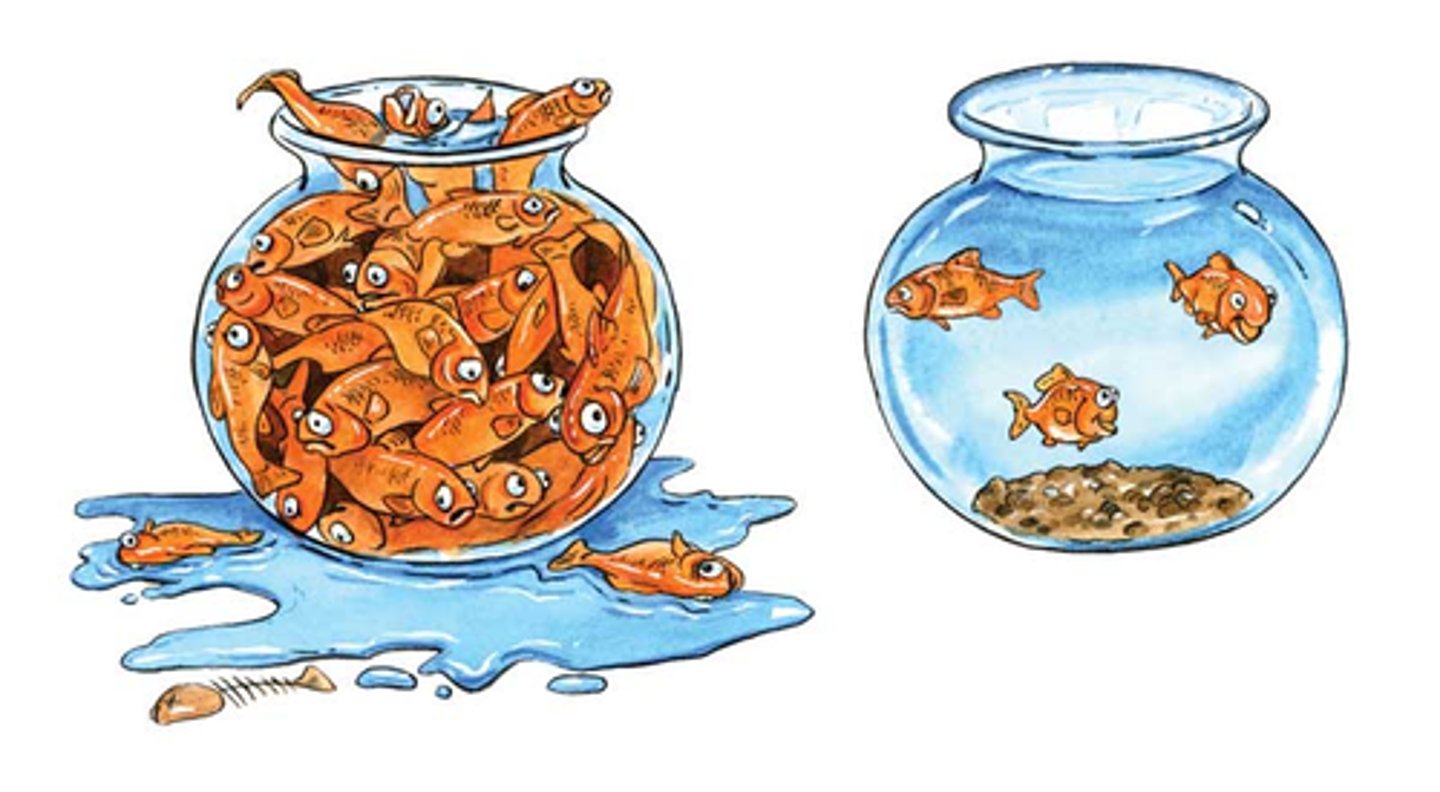
extol
to praise something or someone very much: /ɪkˈstəʊl/
_His book ....ing the benefits of vegetarianism sold thousands of copies.
virtue
a good moral quality in a person, or the general quality of being morally good: /ˈvɜː.tʃuː/
_Patience is a .. .
curtail
to stop something before it is finished, or to reduce or limit something: /kəˈteɪl
_to ... your holiday/spending
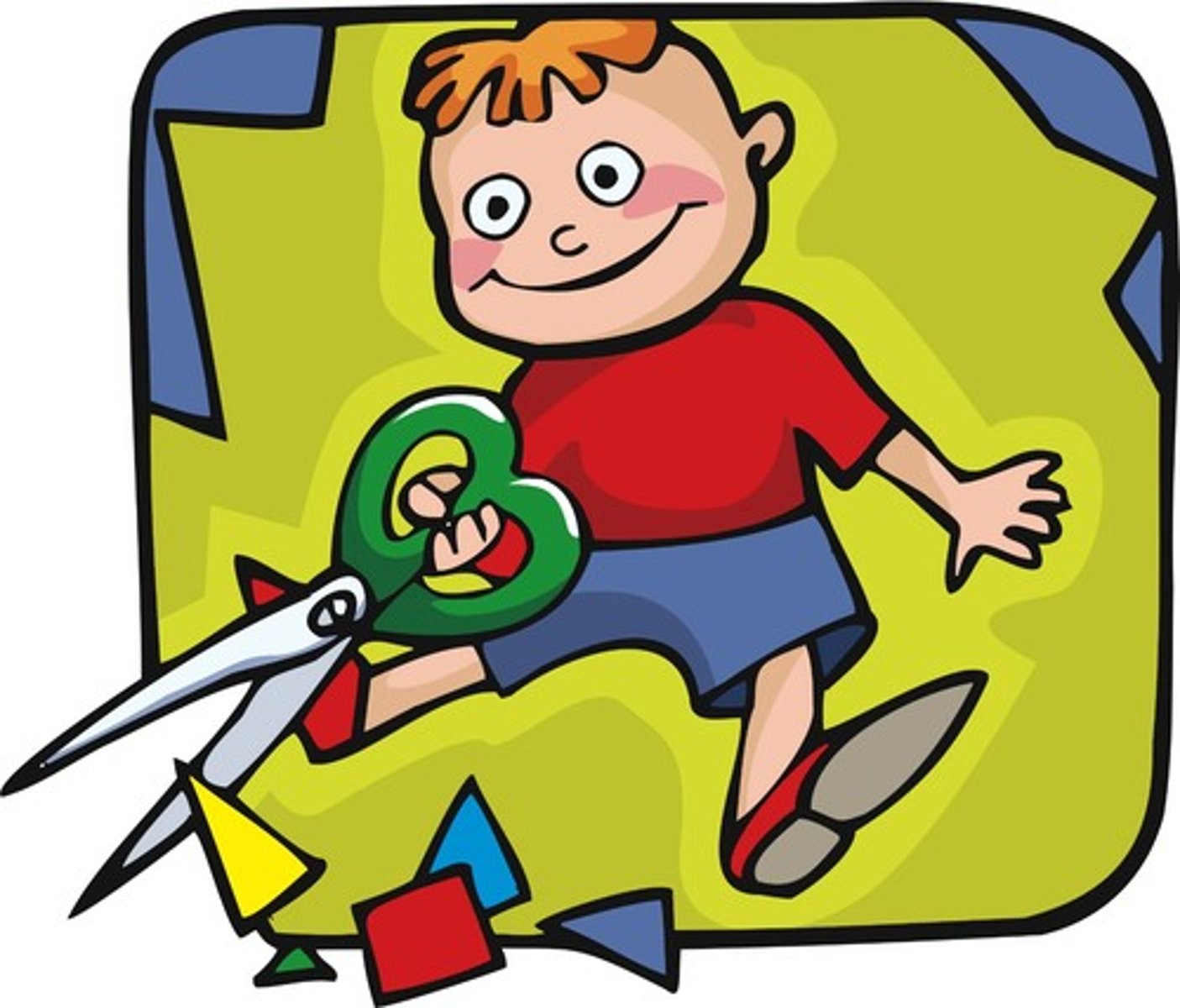
scarce
(adj)not easy to find or get: /skeəs/
_Food and clean water were becoming.... to stop

evidence
one or more reasons for believing that something is or is not true: /ˈev.ɪ.dəns/
_There is only circumstantial ... against her, so she is unlikely to be convicted.

Perception
the quality of being aware of things through the physical senses, especially sight: /pəˈsep.ʃən/
-Drugs can alter your ... of reality.
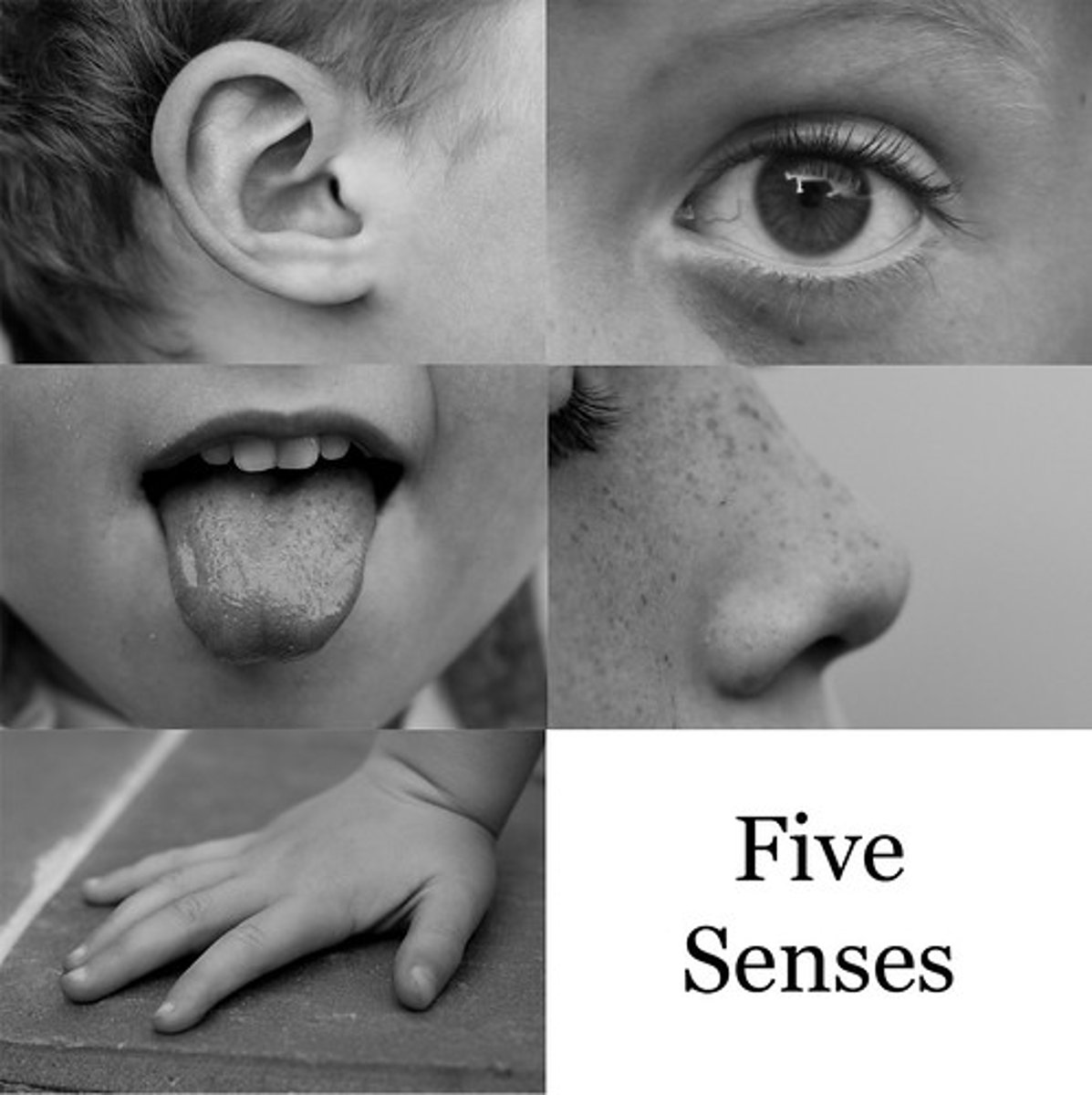
lack
to not have or not have enough of something that is needed or wanted: /læk/
_He just ...s a little confidence.

toddler
a young child, especially one who is learning or has recently learned to walk /ˈtɒd.lər/

facilitate
to make something possible or easier: /fəˈsɪl.ɪ.teɪt/
_The new ramp will ... the entry of wheelchairs.

dignosis
(n) a judgment about what a particular illness or problem is, made after examining it: /ˌdaɪ.əɡˈnəʊ.sɪs/
_... of the disease is difficult in the early stages.

autism
(n) a brain condition that affects the development of social and communication skills in ways that can be severe or slight, and that can make someone's behaviour and interests different from people without the condition: /ˈɔː.tɪ.zəm/
_Her son was diagnosed with... at the age of three.

disorder
(n) a state of untidiness or lack of organization:
/dɪˈsɔː.dər/
_The whole office was in a state of ... .

neuro
(n) relating to nerves: /njʊə.rəʊ-/
_A neurotransmitter is a chemical that nerve cells use to communicate with each other and with muscles.
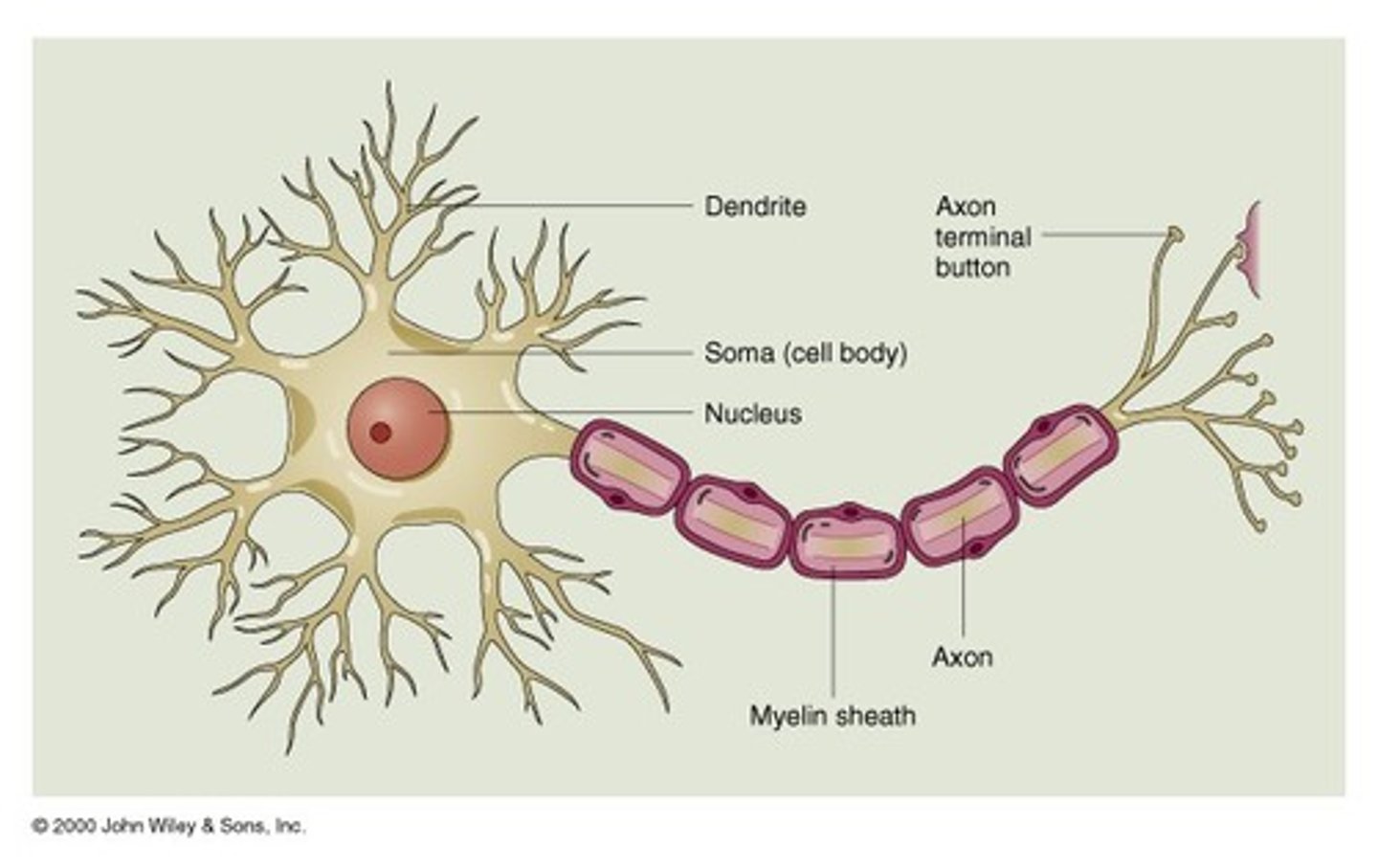
structure
(n) the way in which the parts of a system or object are arranged or organized, or a system arranged in this way
: /ˈstrʌk.tʃər/
_The ... of this protein is particularly complex.
controversy
(n) a lot of disagreement or argument about something, usually because it affects or is important to many people: /ˈkɒn.trə.vɜː.si/
_There was a big ... surrounding/over the use of drugs in athletics.

trivial
(adj) having little value or importance: /ˈtrɪv.i.əl/
_Sexual harassment in the workplace is not a ... matter.

fundamental
(adj) forming the base, from which everything else develops: /ˌfʌn.dəˈmen.təl/
_We need to make fundamental changes to the way in which we treat our environment.
contrast
(n) an obvious difference between two or more things:
/ˈkɒn.trɑːst/
_I like the ... of the white trousers with the black jacket.
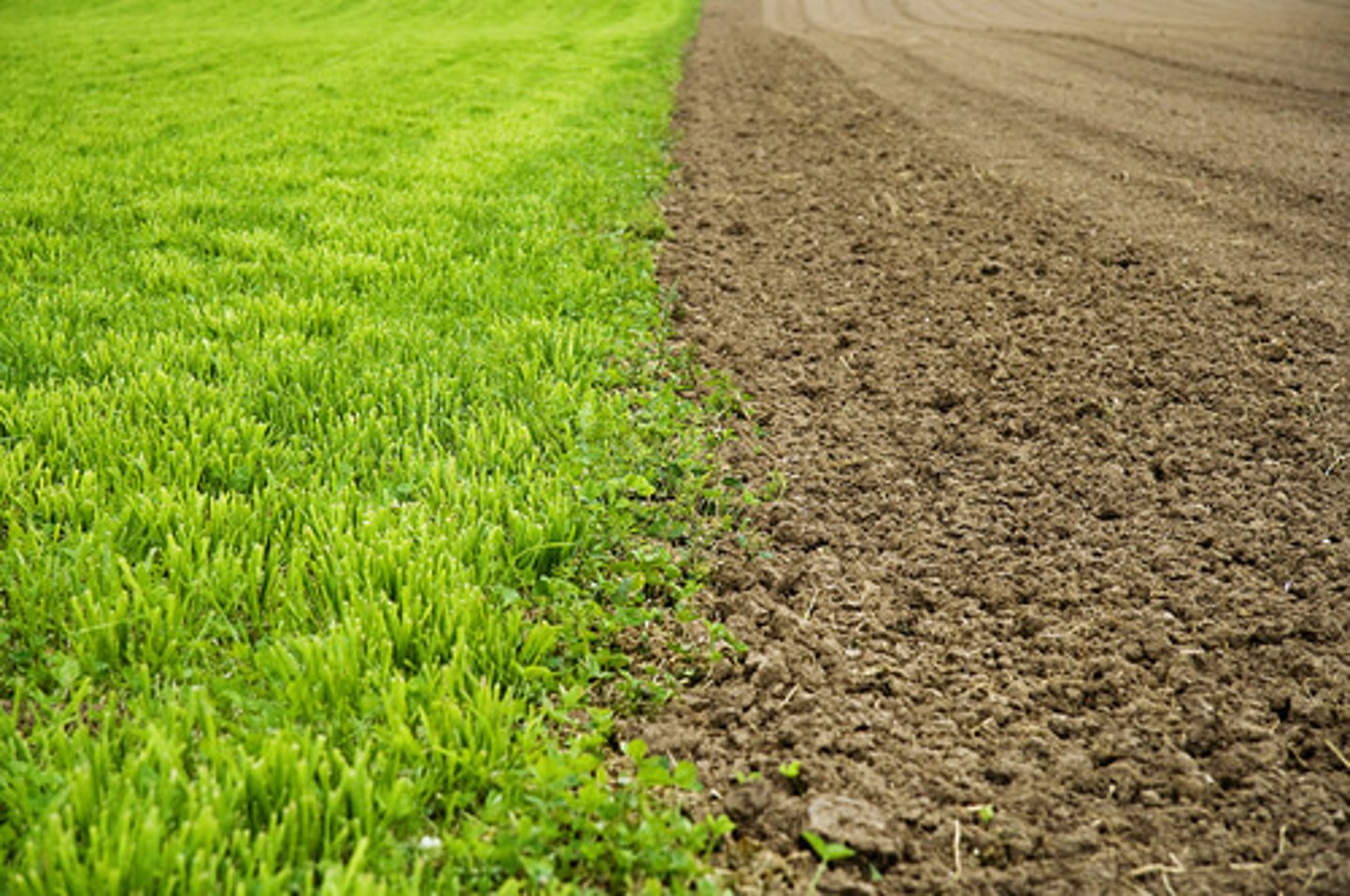
develop
(v) to (cause something to) grow or change into a more advanced, larger, or stronger form: /dɪˈvel.əp/
_The fear is that these minor clashes may ... into all-out confrontation.
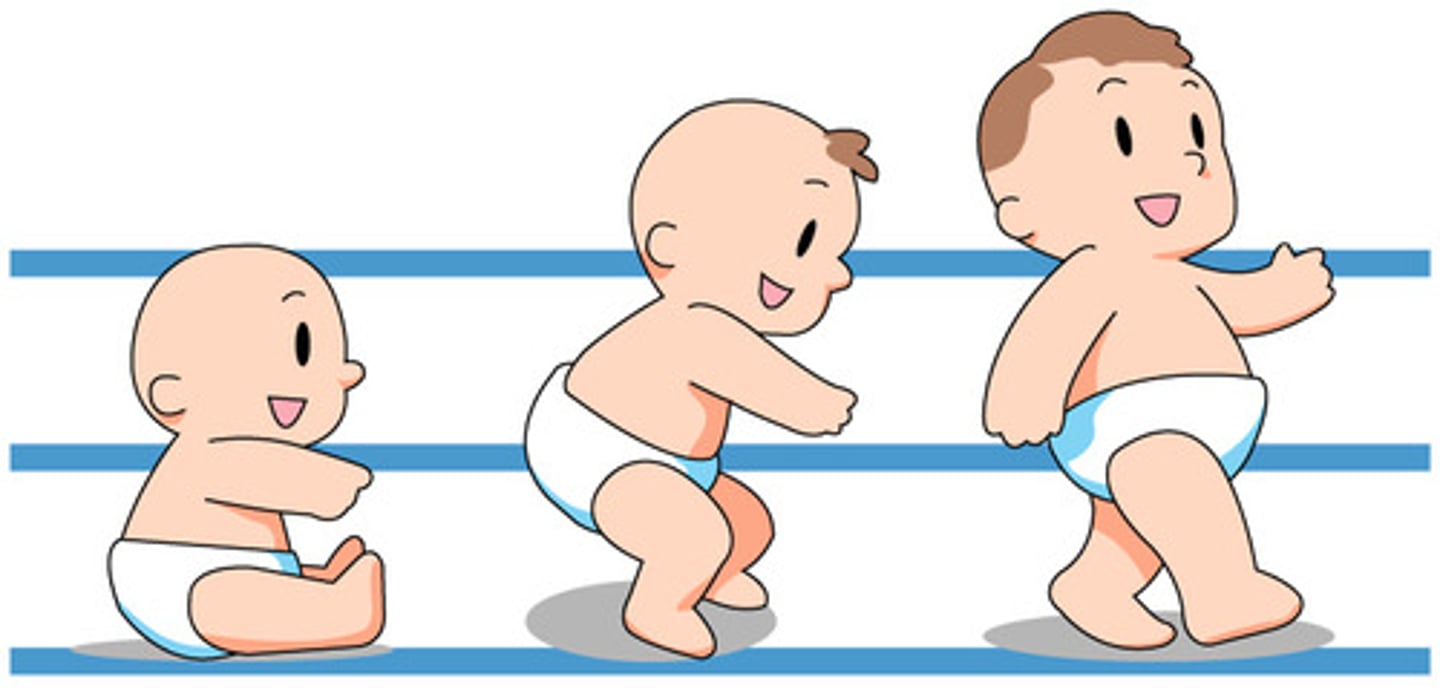
involve
(v) If an activity, situation, etc. involves something, that thing is a part of the activity, etc.: /ɪnˈvɒlv/
_Research ...ving the use of biological warfare agents will be used for defensive purposes.
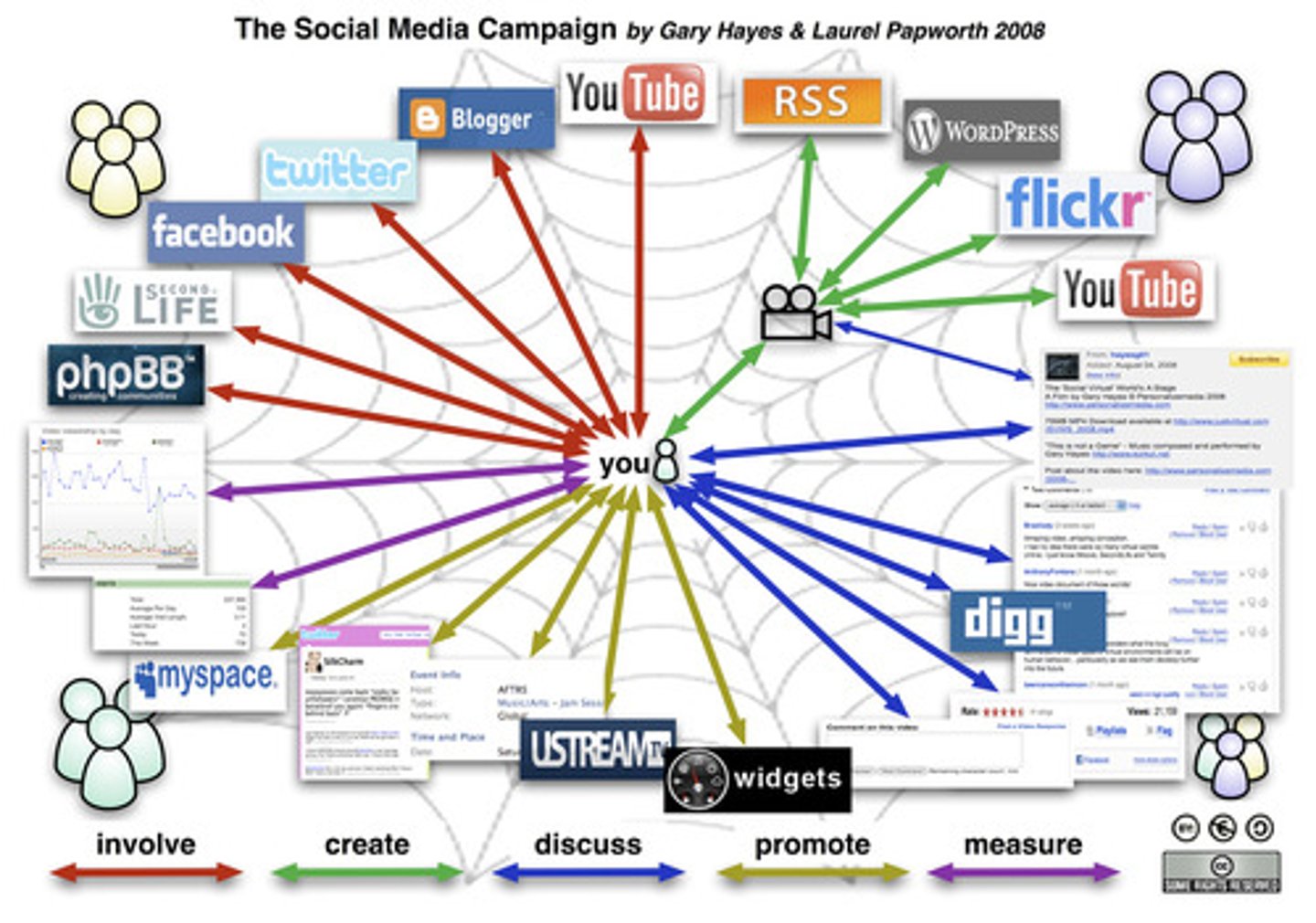
provide
(v) to give someone something that they need:
/prəˈvaɪd/
_The author ...s no documentary references to support her assertions.
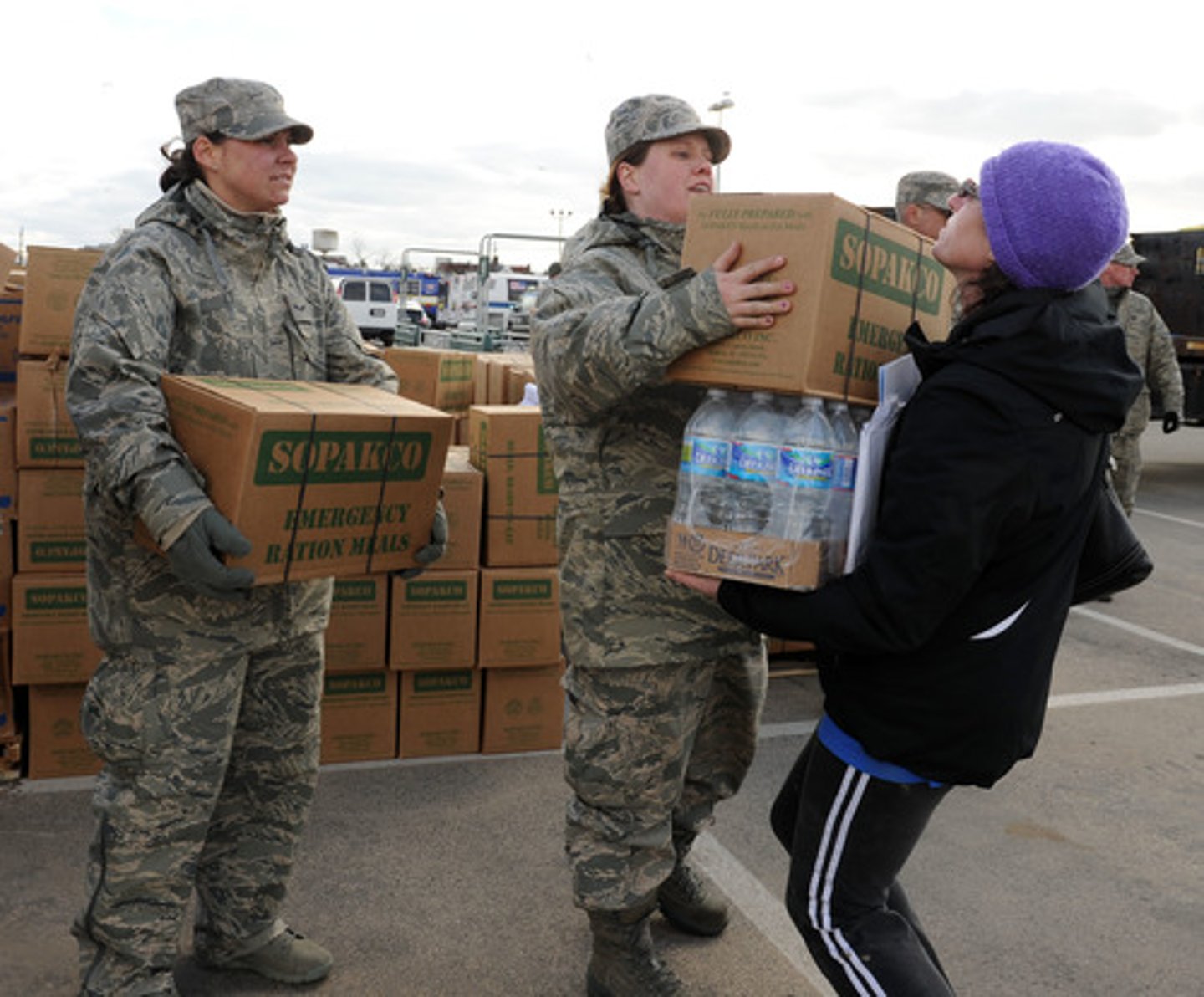
achieve
to succeed in finishing something or reaching an aim, especially after a lot of work or effort: /əˈtʃiːv/
_The government's training policy, he claimed, was ...ving its objectives.

crucial
(adj) extremely important or necessary: /ˈkruː.ʃəl/
_Her work has been ... to the project's success.

leisure
(n) the time when you are not working or doing other duties: /ˈleʒ.ər/
_Most people only have a limited amount of ... time.
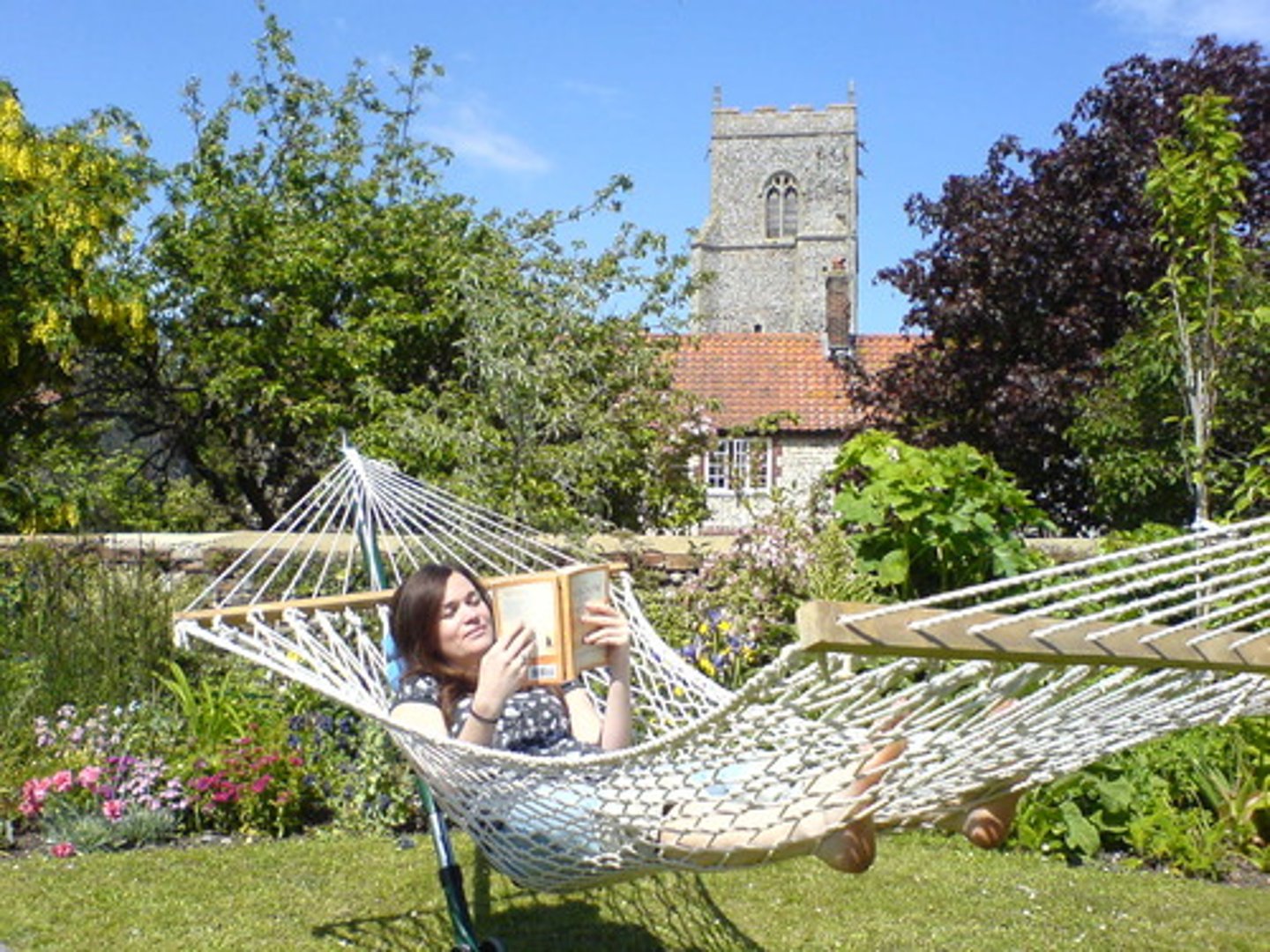
impact
(n) the force or action of one object hitting another:
/ˈɪm.pækt/
_The ... of the crash reduced the car to a third of its original length.

observe
(v) to watch carefully the way something happens or the way someone does something, especially in order to learn more about it: /əbˈzɜːv/
_He spent a year in the jungle, ...ving how deforestation is affecting local tribes.

Đang học (2)
Bạn đã bắt đầu học những thuật ngữ này. Tiếp tục phát huy nhé!